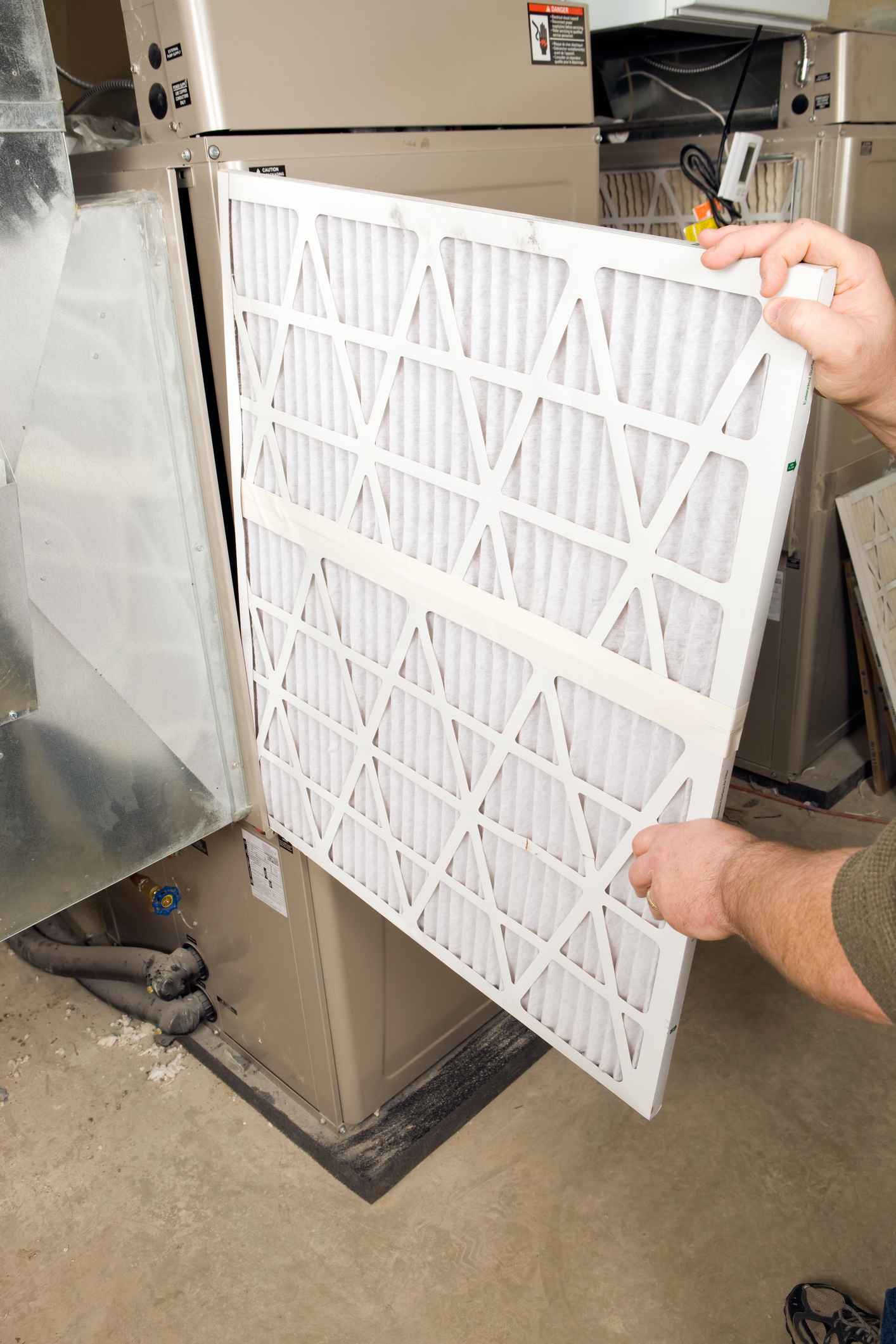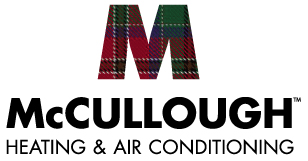4.8 Google Rating
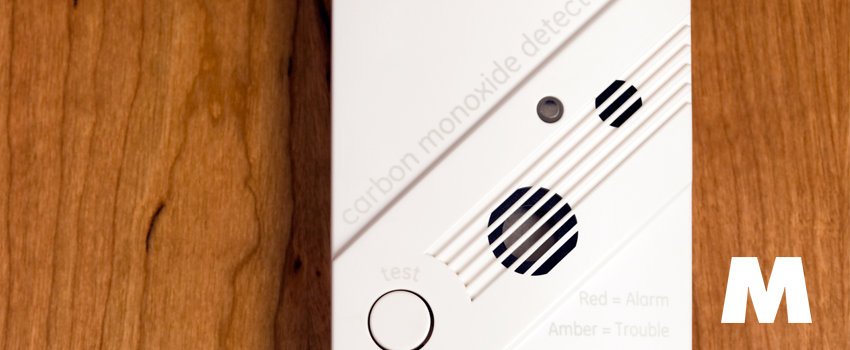
Can My Carbon Monoxide Detector Tell Me If I Need a New Furnace?
Your carbon monoxide (CO) detector is a crucial part of home safety, alerting you to dangerous levels of carbon monoxide in your living space. But can this device help you determine if your furnace is due for a replacement? While a carbon monoxide detector can’t directly tell you if you need a new furnace, it can signal potential issues with your heating system that might warrant further investigation. In this blog, we’ll explore how your carbon monoxide detector works, what its alerts might mean for your furnace, and why regular furnace maintenance is essential to keeping your home safe and warm.
Understanding Carbon Monoxide and Its Dangers
Carbon monoxide is a colorless, odorless gas that can be lethal in high concentrations. It’s produced when fuel-burning appliances like gas furnaces, water heaters, or stoves operate inefficiently or malfunction. If your furnace isn’t working properly, it may fail to combust fuel completely, leading to carbon monoxide buildup in your home. Since you can’t see or smell CO, having a carbon monoxide detector is vital for protecting your household.
When a carbon monoxide detector senses dangerous levels of the gas, it emits a loud alarm, signaling that you need to evacuate and address the issue immediately. But what does this mean for your furnace? And how can it help you identify when it’s time for a new furnace?
Why a Carbon Monoxide Detector Alarm Could Signal Furnace Problems
If your carbon monoxide detector goes off, your furnace may be the culprit. Furnaces that are old, improperly maintained, or malfunctioning are prone to producing higher levels of carbon monoxide. Here are some reasons why your furnace might trigger a CO detector:
Cracked Heat Exchanger: The heat exchanger in your furnace is responsible for transferring heat from the combustion process to the air that circulates through your home. If the heat exchanger cracks, it can allow carbon monoxide to leak into your home’s air supply. This is a dangerous issue that should be addressed immediately, as it puts your family at risk of carbon monoxide poisoning.
Inadequate Ventilation: Your furnace system needs proper ventilation to expel harmful gases like carbon monoxide. If your furnace’s ventilation system is clogged or damaged, these gases can accumulate inside your home instead of being safely vented outdoors. This not only compromises your indoor air quality but also increases the risk of carbon monoxide exposure.
Malfunctioning Components: Older furnaces may experience wear and tear that leads to faulty components, such as a malfunctioning burner or pilot light. These issues can result in incomplete combustion, leading to elevated levels of carbon monoxide being produced by your furnace.
While a carbon monoxide detector alarm doesn’t automatically mean you need a new furnace, it’s a sign that your heating system may require immediate attention. Depending on the severity of the issue, you might need repairs, or it could be time to invest in a new furnace for the safety and efficiency of your home.
How to Determine If You Need a New Furnace
Your carbon monoxide detector provides a warning sign, but deciding whether you need a new furnace requires a more in-depth inspection by a professional HVAC technician. Here are some signs that it might be time to replace your furnace:
Age of Your Furnace: Most furnaces have a lifespan of around 15 to 20 years. If your furnace is approaching this age, it’s more likely to experience efficiency issues and pose safety risks, including the production of carbon monoxide. Even if it hasn’t malfunctioned yet, an older furnace may be worth replacing to prevent future problems.
Frequent Repairs: Are you constantly calling for furnace repairs? If your heating system is breaking down frequently or experiencing issues like carbon monoxide production, it may be more cost-effective to replace it than to continue repairing it. A new furnace can offer peace of mind and improved efficiency, reducing your energy bills over time.
Higher Energy Bills: If you’ve noticed a spike in your heating costs, your furnace could be losing efficiency. An old or malfunctioning furnace may need to work harder to heat your home, driving up your utility bills. A new furnace will operate more efficiently, saving you money and improving your home’s comfort.
Uneven Heating: Does your home have cold spots or inconsistent temperatures? This could be a sign that your furnace is struggling to distribute heat evenly. If these issues persist even after repairs, it might be time to consider a furnace replacement.
The Importance of Regular Furnace Maintenance
One of the best ways to avoid carbon monoxide issues and extend the life of your furnace is through regular maintenance. Routine inspections by a qualified HVAC technician can help identify and fix small problems before they become major safety hazards. During a maintenance check, a technician will clean the system, inspect for cracks in the heat exchanger, and ensure the ventilation is working properly.
Preventative maintenance not only improves the safety of your heating system but also helps it operate more efficiently. By keeping your furnace in good condition, you can avoid costly repairs and the need for an early replacement.
What to Do if Your Carbon Monoxide Detector Goes Off
If your carbon monoxide detector goes off, take immediate action:
- Evacuate: Leave the house as quickly as possible and move to an area with fresh air.
- Call Emergency Services: Dial 911 or your local fire department to report the situation and receive further instructions.
- Ventilate the Home: If possible, open windows and doors to let fresh air in and clear out the carbon monoxide.
- Call a Professional: Contact a licensed HVAC technician to inspect your heating system and find the source of the carbon monoxide. They can advise you on whether repairs are sufficient or if a new furnace is necessary.
Conclusion
While your carbon monoxide detector can’t directly tell you if you need a new furnace, it plays a critical role in alerting you to potential problems with your heating system. If your CO detector goes off, it’s essential to act quickly and have your furnace inspected to ensure it’s safe and functioning properly. A new furnace may be necessary if your current system is outdated or prone to malfunctioning.
Is your carbon monoxide detector signaling potential furnace issues? Contact McCullough Heating & Air Conditioning for all your heating repair needs. Our team of experienced technicians can inspect your furnace, make necessary repairs, or recommend a new furnace if needed, ensuring your home stays safe and warm all winter long.
Recent News
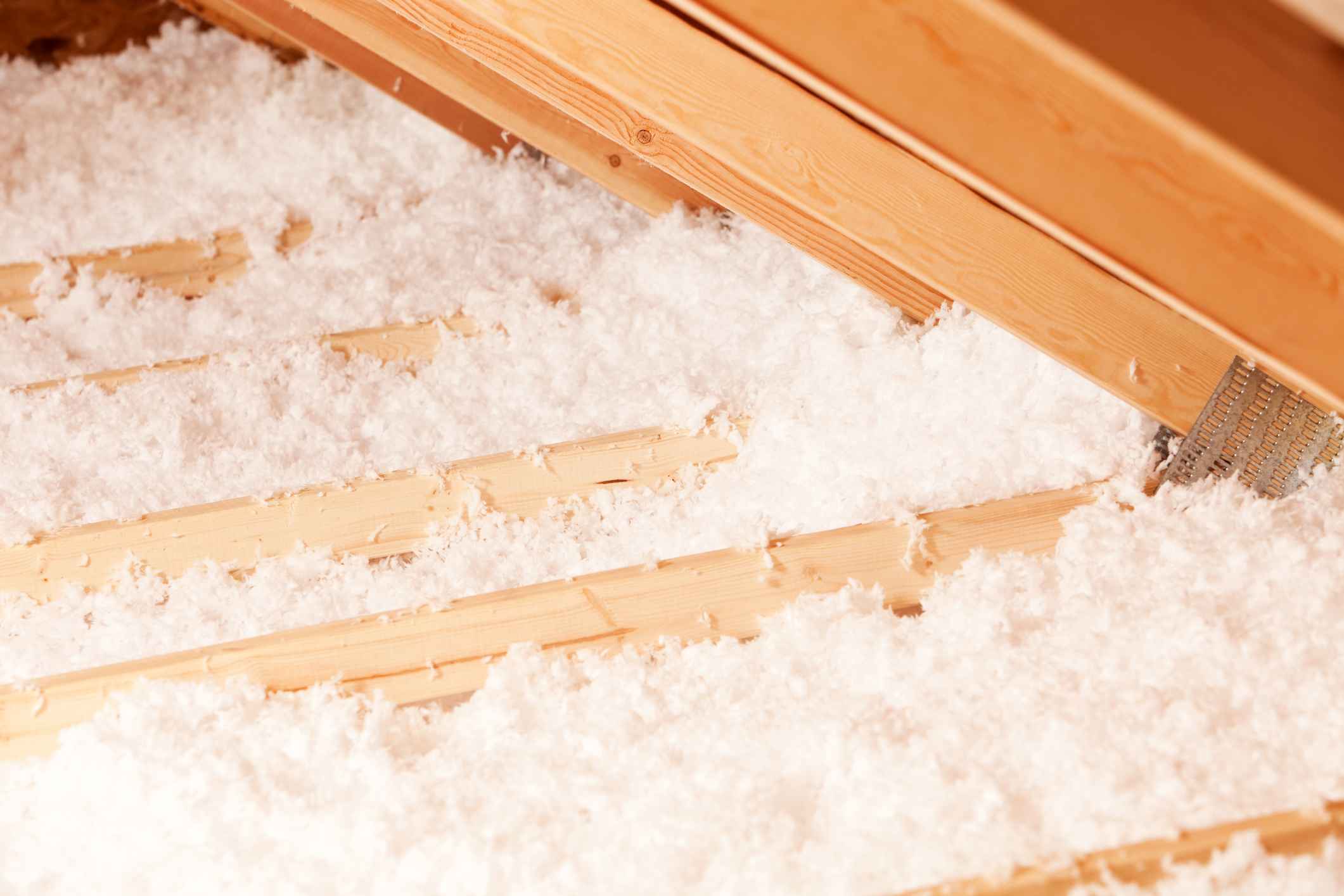
Is Your Austin Home Using Too Much Energy? Here’s How a Free Energy Audit Can Help You Save Big
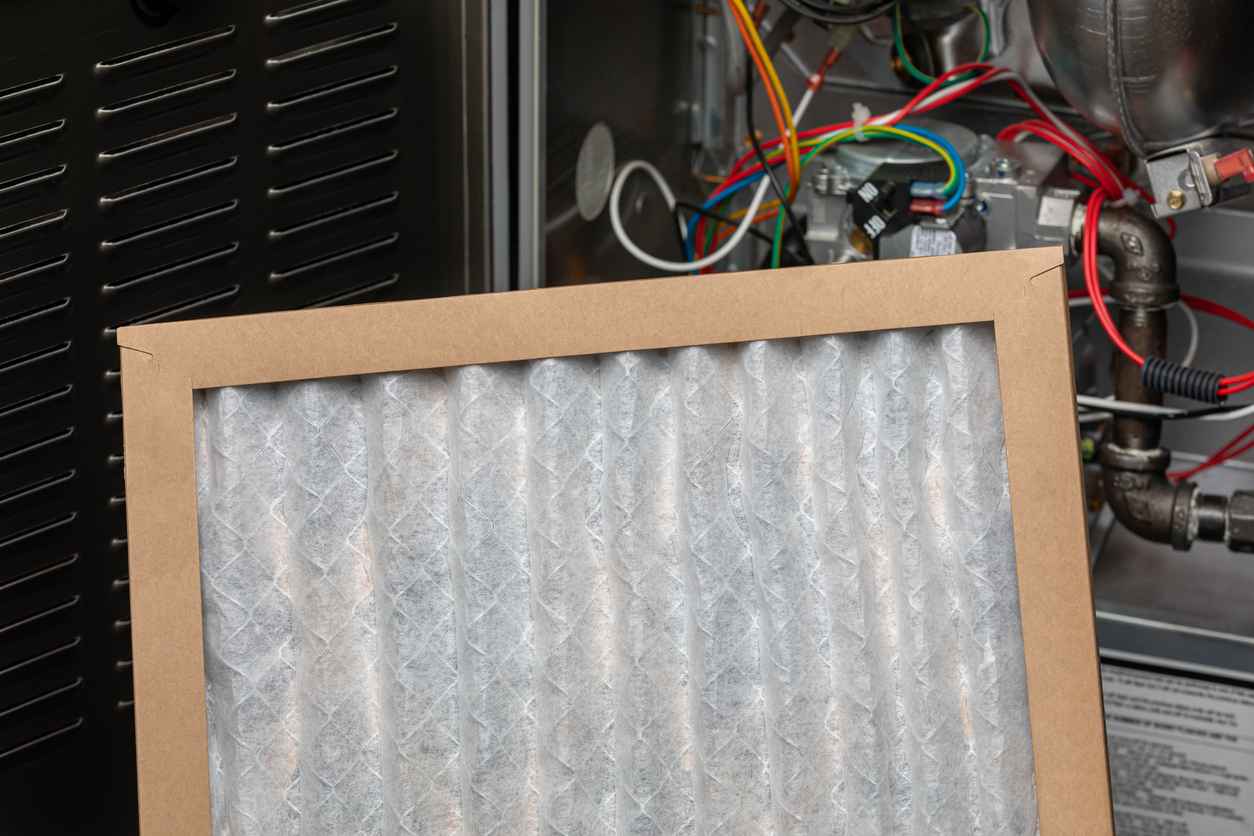
Cold Snap Coming? What Austin Homeowners Should Do Now to Prevent Heat Loss and Heating System Failure
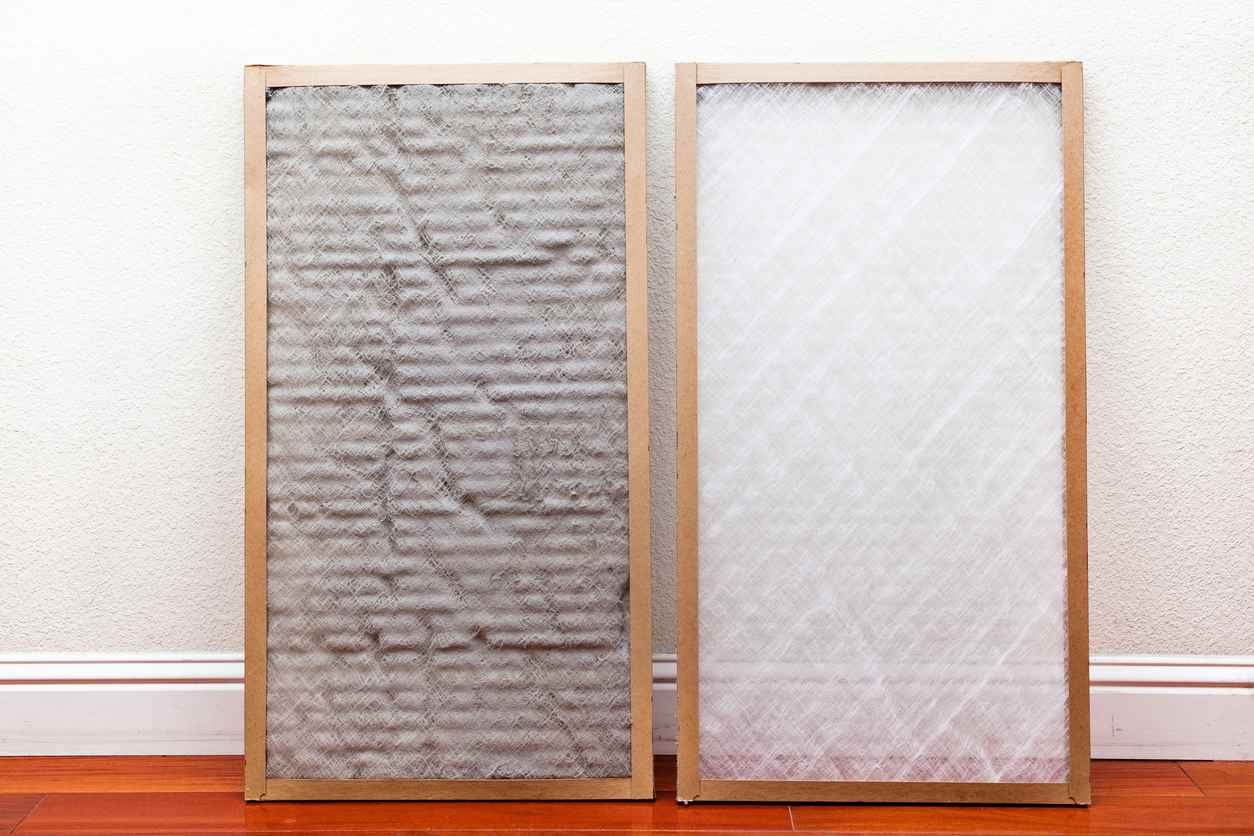
Best HVAC Filters for Cedar Fever in Austin
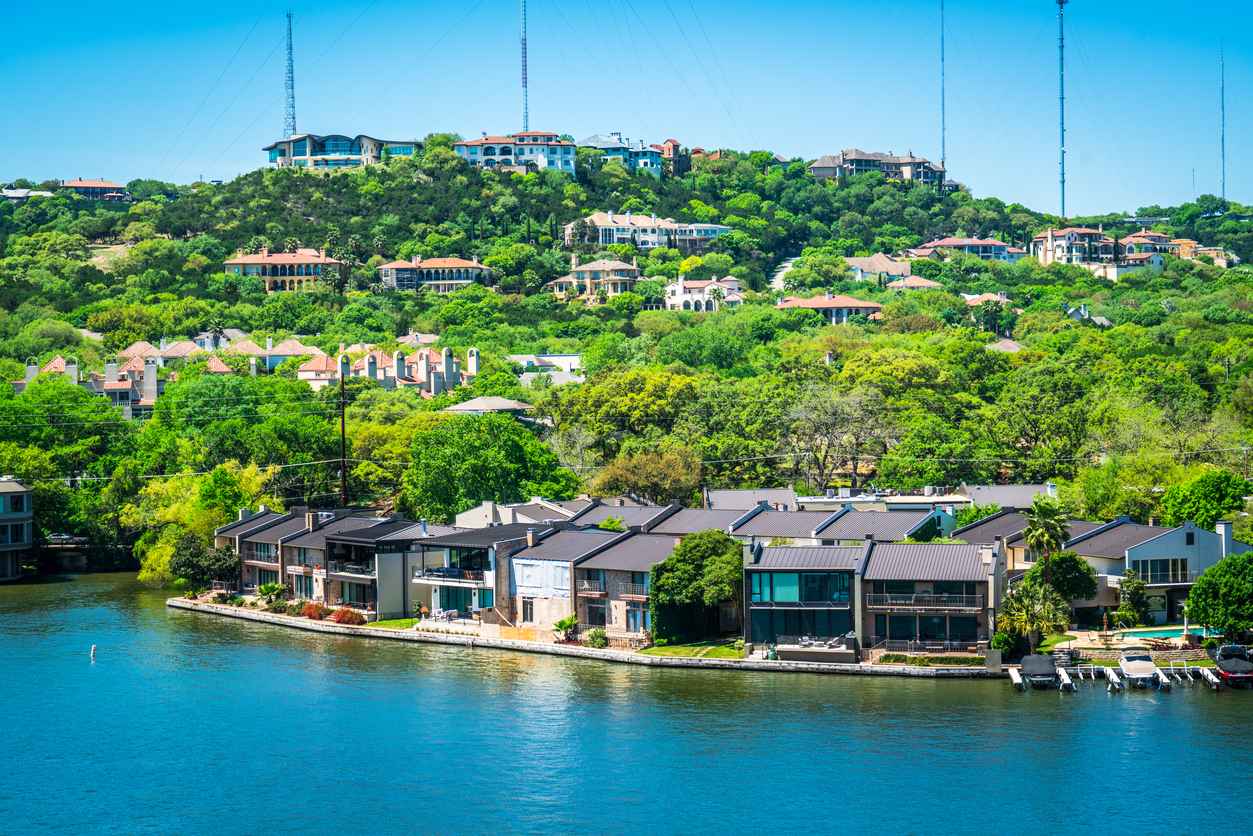
HVAC Maintenance Tips for West Lake Hills Homes with Larger Floor Plans and Multiple Zones
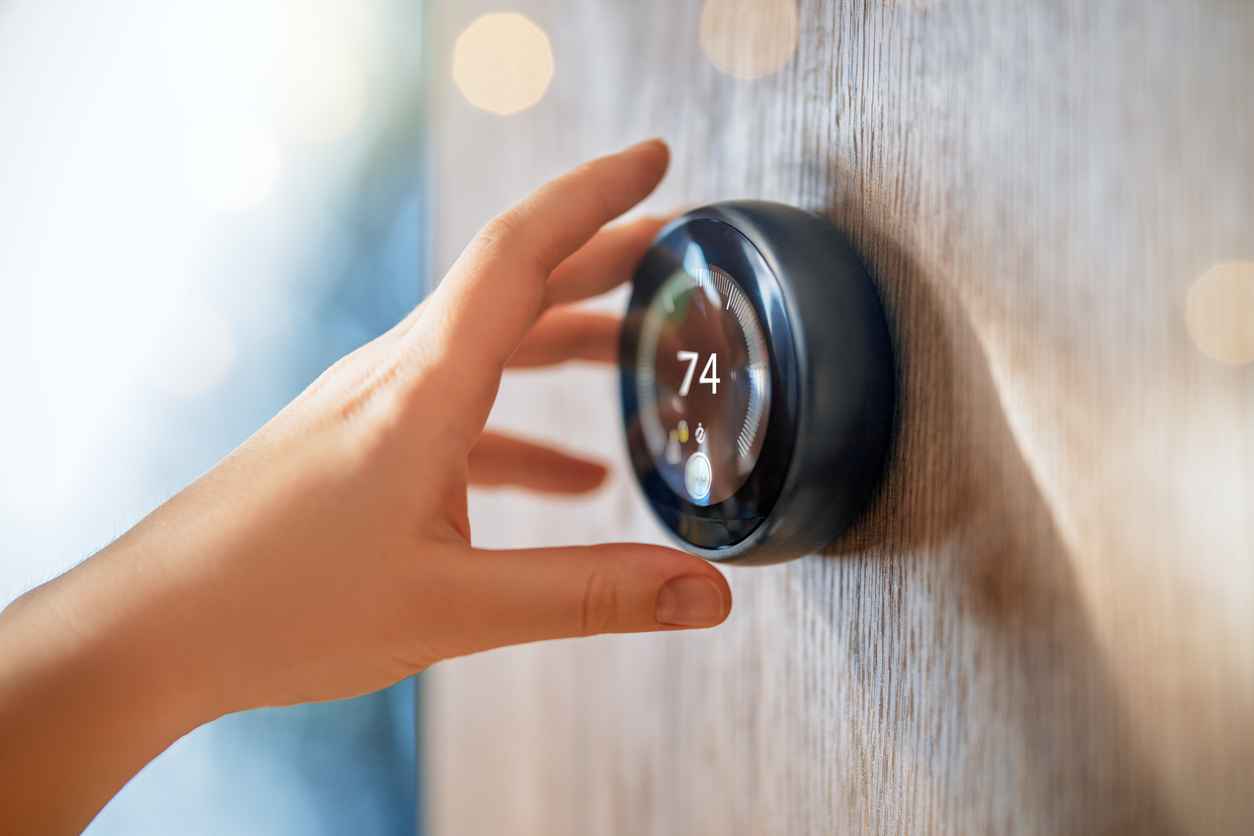
How Austin Homeowners Can Prepare Their HVAC Systems for Sudden Winter Cold Snaps
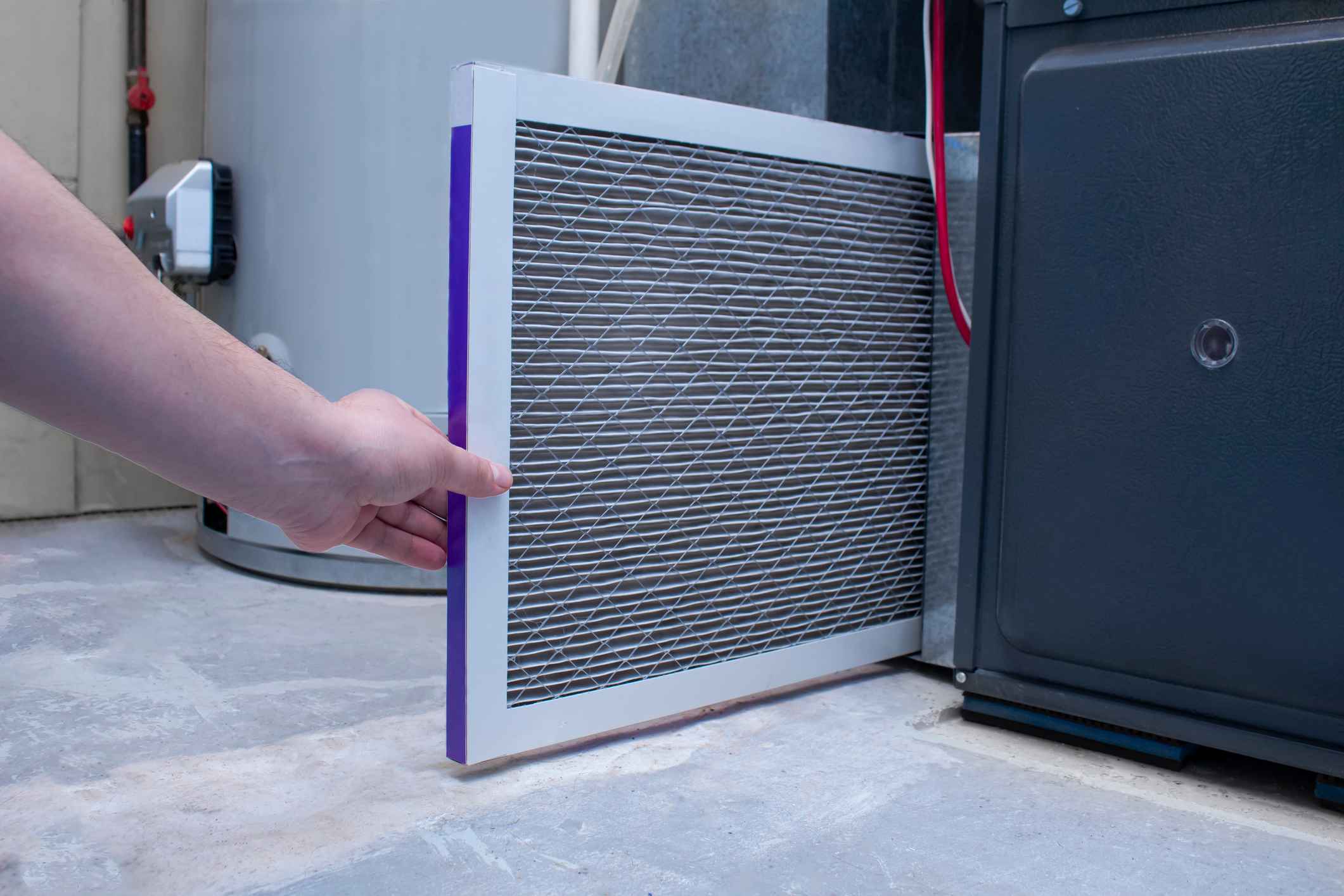
Holiday Indoor Air Quality Tips for Austin Homes: Keep Your Air Clean While Hosting Guests
